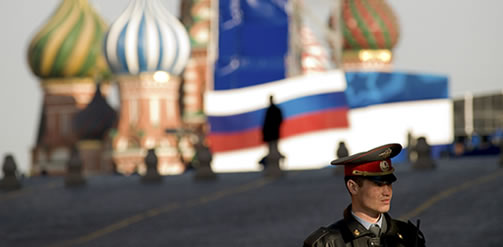In 2007, Russia signalled its intention to reverse its role as aid recepient, following the collapse Soviet Union in the early 1990s. The Rising Powers in International Development Programme is looking at the growing role of Russia in the field of international development cooperation.

The Soviet Union was a major provider of development assistance, but its collapse in 1991 saw Russia being redefined as an aid recipient. Throughout the 1990s and 2000s, Russia played this recipient role – but in 2007, it officially signalled its intention to reverse this trend.
Russia’s development cooperation programme has since been growing, and has raised multiple questions on contemporary development discourse and practice.
- Why has Russia, despite internal challenges, been so keen to project itself as a net aid donor?
- How does this correspond to Russia’s position within the BRICS group of rising powers?
- Should we understand development aid as a cultural, as well as politico-economic, phenomenon?
Building on IDS expertise in this area led by Marc Berenson, including the Academic Partnership in Support of Teaching Development Aid Curriculum in Russia, the RPID programme will be led by a flagship ‘State of the Debate’ study. This will analyse Russia’s domestic policy debate on international development cooperation, including a number of events by leading scholars on Russia’s growing role abroad.
Image credit: Bjoern Steinz / Panos
